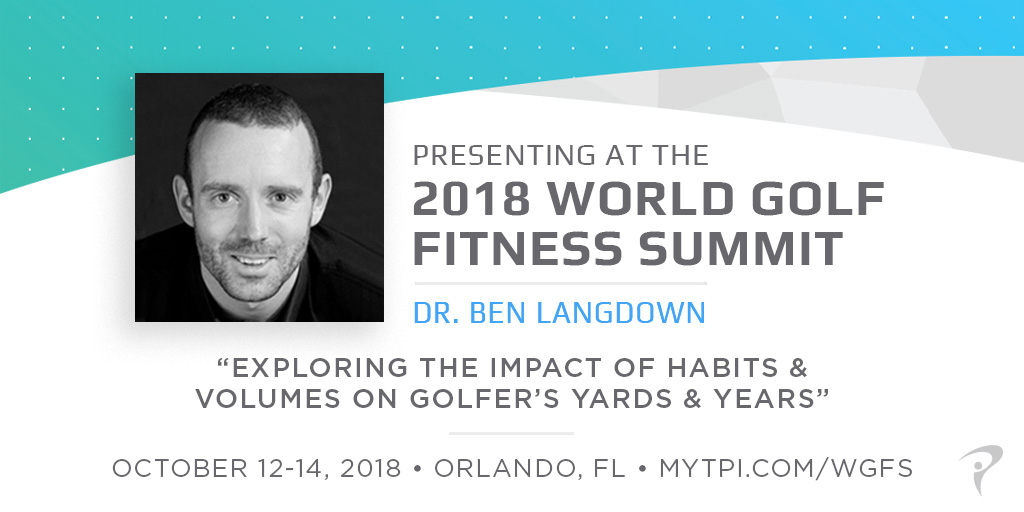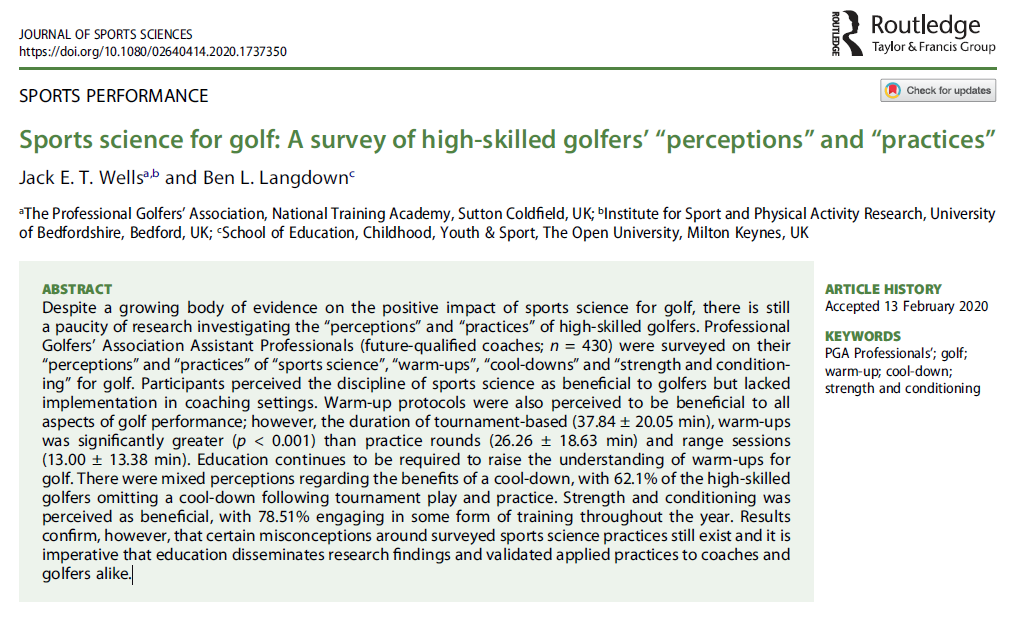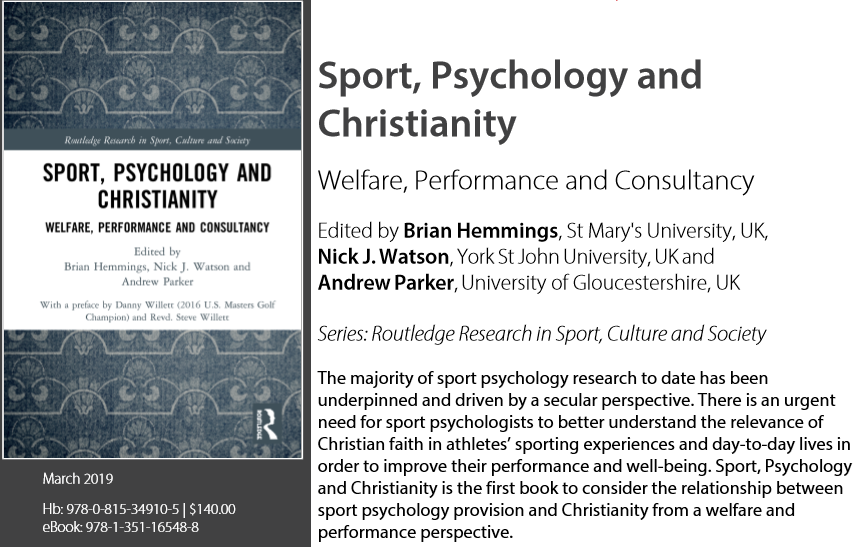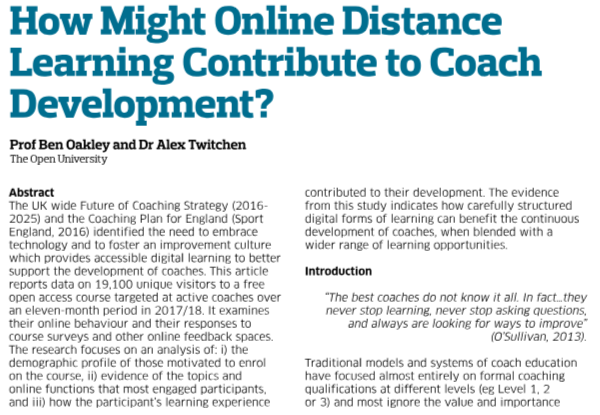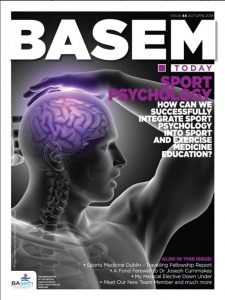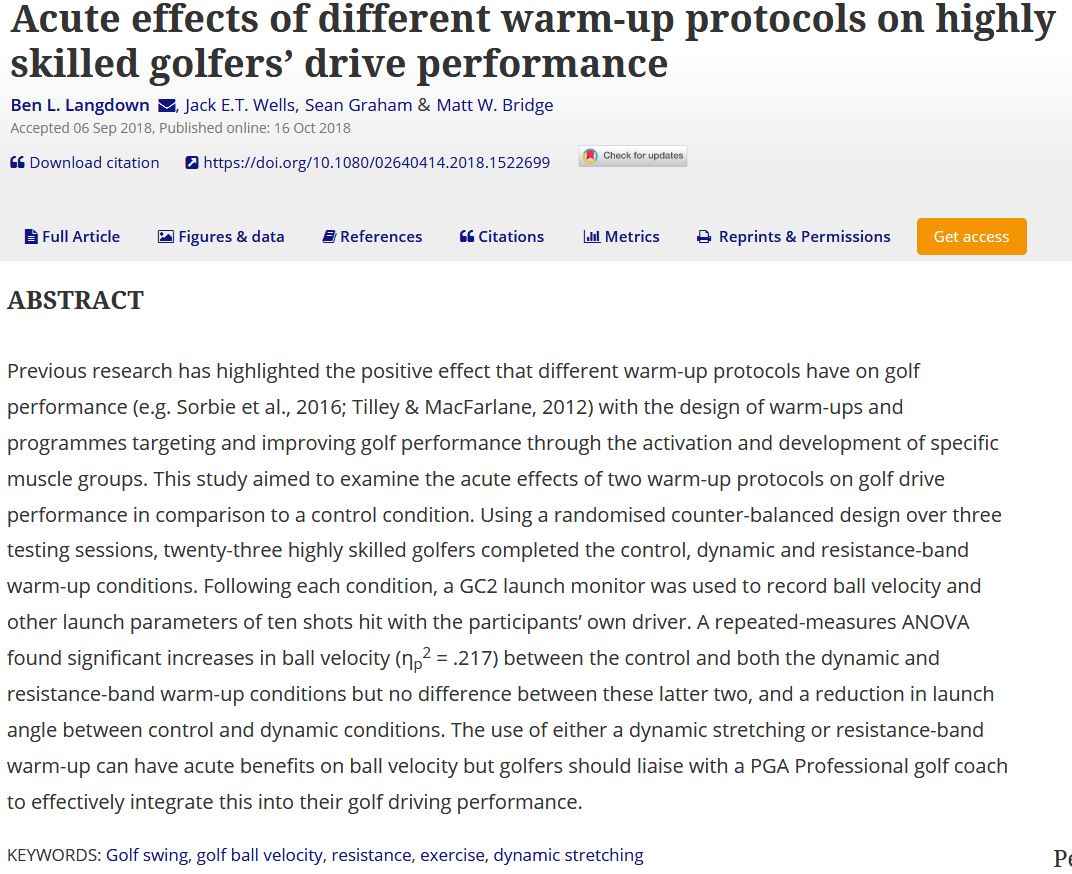In October 2017, Dr Ben Langdown was invited to deliver a 1 day keynote workshop to The Professional Golfers’ Association of The Czech Republic in Prague. Ben shared research around creativity in coaching, movement variability and warm-up protocols for golf. The workshop combined theory and practical elements to support over 40 PGA golf coaches from both The Czech Republic and Slovakia.
2018 has again shaped up to be a year of international 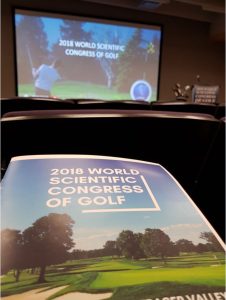 dissemination for Ben. In July he travelled to The University of The Fraser Valley, based in British Columbia, Canada to share his latest research at The World Scientific Congress of Golf. Ben presented two research projects to the audience of academics and coaches. His first was focussed on the warm-up habits of highly skilled golfers which he has been collaborating with The Professional Golfers’ Association on (abstract available here). Secondly, he presented initial data on the practice and tournament volumes of young golfers to highlight that very little is known about the impact on their performance and longevity in the sport (abstract available here).
dissemination for Ben. In July he travelled to The University of The Fraser Valley, based in British Columbia, Canada to share his latest research at The World Scientific Congress of Golf. Ben presented two research projects to the audience of academics and coaches. His first was focussed on the warm-up habits of highly skilled golfers which he has been collaborating with The Professional Golfers’ Association on (abstract available here). Secondly, he presented initial data on the practice and tournament volumes of young golfers to highlight that very little is known about the impact on their performance and longevity in the sport (abstract available here).
October, 2018 saw Ben head off to the sunshine state of Florida to present his research for the fourth time at the World Golf Fitness Summit. This summit is attended by over 600 strength and conditioning coaches and golf coaches from around the globe. You can check out Ben’s presentation slides and summary here and keep an eye out on this site for more updates on publications following these conferences.
